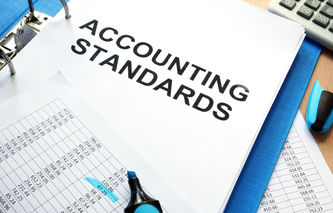Definition
The term Generally Accepted Accounting Principles, or GAAP, is used to describe a set of guidelines, accounting rules, techniques and frameworks utilized in the preparation of a company's financial statements.
Explanation
Accounting industry generates billions of dollars. The accounting market is predicted to reach $735.94 billion by 2025 according to accounting industry statistics. The creation of Generally Accepted Accounting Principles provides investors, creditors, and regulators with the ability to draw reasonable conclusions as to the quality of a company when making comparisons to another organization or attempting to assess the financial position of a business. They facilitate an analyst's ability to understand and compare data in a reliable manner.
The Financial Accounting Standards Board, or FASB, is currently the authoritative agency and is responsible for establishing the standards in GAAP. The rules in GAAP provide for a consistency in the preparation of financial statements such as the statement of cash flow, the income statement and the balance sheet. The concepts in GAAP would include the basic accounting equation (Assets = Liabilities + Owner's Equity) as well as the reporting of revenues and expenses.
Because businesses are in an ever-evolving state, there is no one complete set of rules to cover all possible scenarios. Instead, these principles are used by accounting professionals to guide them through the process of creating financial statements.





